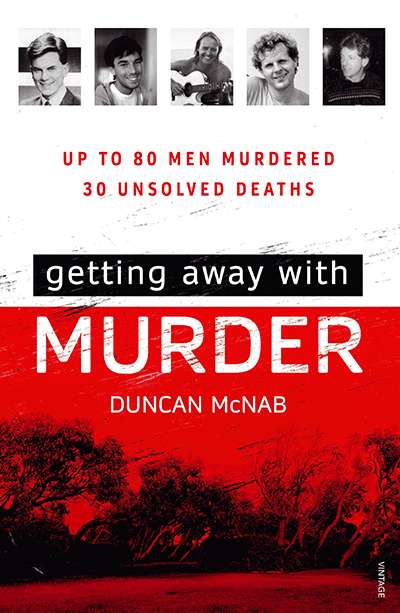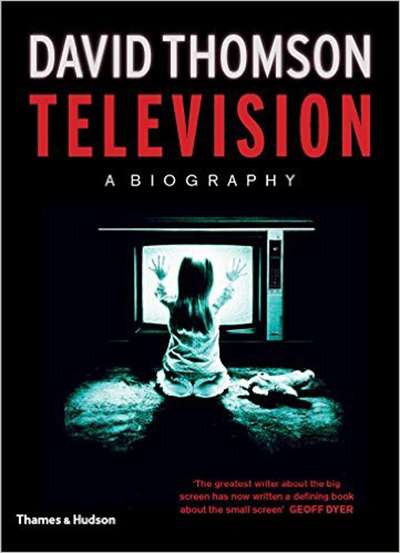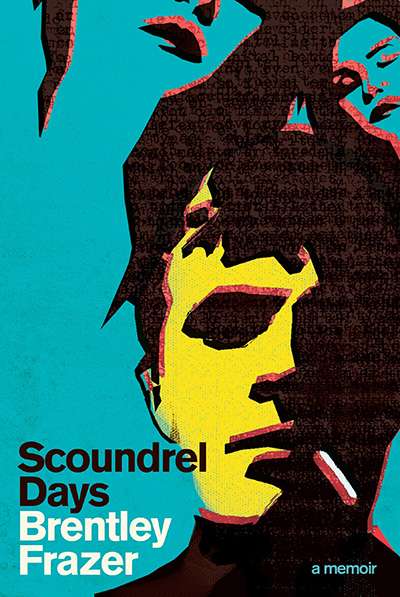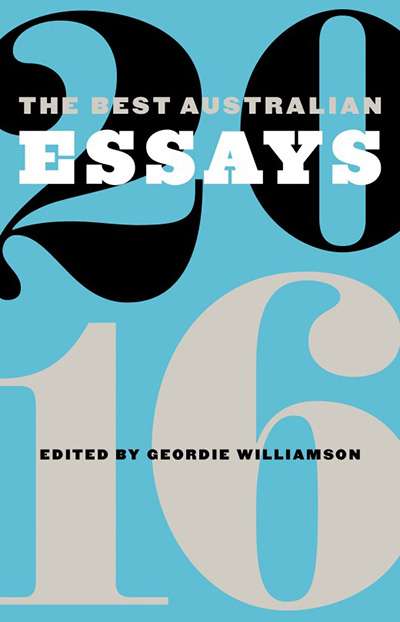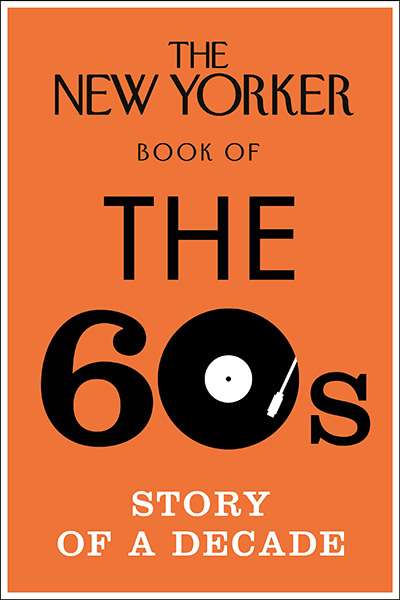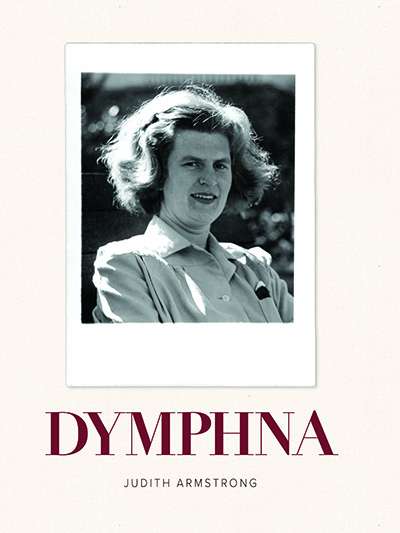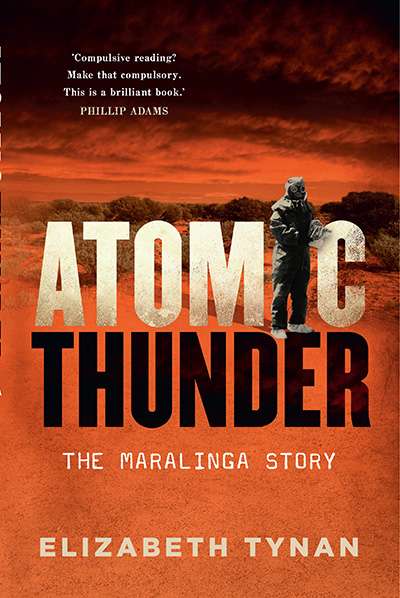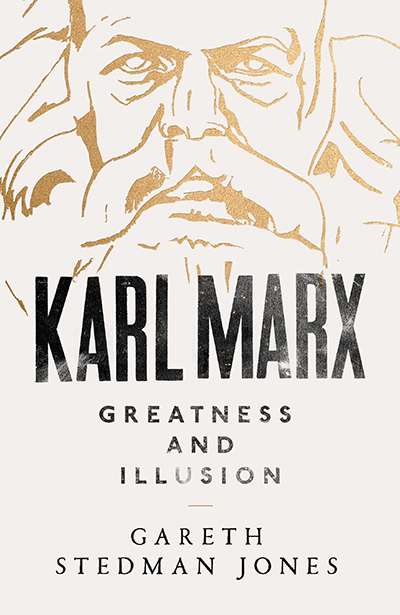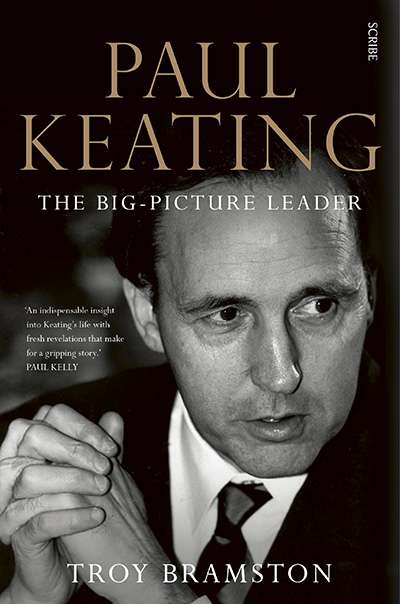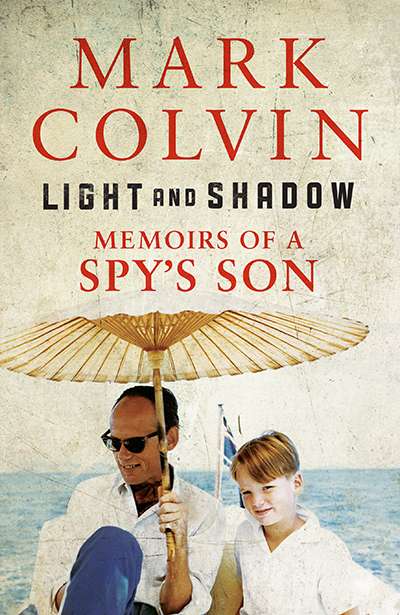Non Fiction
The rash of unsolved murders of gay men along the Sydney coastline during the 1980s and early 1990s has been in the news again. In 2013, Australian Story ran a feature on the quest of American Steve Johnson to have the coronial ruling of suicide overturned for his younger brother Scott, who died at North Head in 1988. Lateline followed up ...
Great books have been written on television. David Thomson’s Television: A biography is not among them. This surprises me, because Thomson is one of America’s most lauded film critics. To have his thoughts on television over the sweep of its history, viewed through his decades of experience, seemed a boon to me – a critic born in 1982. But Televis ...
Brentley Frazer, one of many scoundrels in his memoir Scoundrel Days, documents coming of age on the boundary of civilisation. His father’s vocation as the only policeman in a small northern Queensland mining town subjects Frazer to a chaotic side of life: a lockup only a stone’s throw from his bedroom; housing criminals and murderous poachers; bloodied ...
An annual challenge: how to select essays which capture the moment but live beyond the immediate?
For some, rigour matters. The series editor for The Best American Essays invites magazine editors and writers to submit contributions to a Boston postal address. The rules are strict: an essay is a literary work that shows ‘an awareness of craft and f ...
The New Yorker Book of the 60s: Story of a decade edited by Henry Finder
Journalism is on the back foot. That’s putting it kindly. Hundreds of newspapers and thousands of careers have been consigned to the great media burial ground since the dawning of the digital age. Those still standing operate in a climate of deepening mistrust. From Trump’s America to Erdoğan’s Turkey, demagogues saddled with democratic political systems trum ...
In the summer of 1988 I was part of an Adelaide Writers Week symposium on biography, the stars of which were two justly famous and accomplished biographers – Victoria Glendinning and Andrew Motion. I described that occasion at the time, like this:
I greatly admired Motion’s panache. As we ascended the podium to begin the se ...
Maralinga is a name familiar to most Australians as the site of British nuclear testing in the 1950s. Less familiar are the earlier tests at the Monte Bello Islands off Western Australia and Emu Field in South Australia. All have left a toxic legacy in our history.
Elizabeth Tynan’s finely researched book on the history of Maralinga and its precursors brin ...
Karl Marx: Greatness and illusion by Gareth Stedman Jones
In this 750-page tome, Gareth Stedman Jones, a British historian and former editor of New Left Review, seeks to rescue the revolutionary thinker Karl Marx from the ‘Marxism’ he sees as the creation of his long-time collaborator Friedrich Engels and to reconstruct him as part of the nineteenth-century political and philosophical context in which he ex ...
Paul Keating has been much written about; his trajectory is familiar. His is a story of leadership and the exercise of power, about a man who led from the front and – like Gough Whitlam – was willing to ‘crash through or crash’ when following his convictions. No prime minister since has displayed a similar propensity. Troy Bramston’s biography conforms to ...
Mark Colvin’s fine memoir – of a journalist’s life and as a spy’s son – was completed before the Macquarie Dictionary chose ‘fake news’ as its word of the year, and the OED and Merriam-Webster opted for ‘post truth’ and ‘surreal’. In July 2016, as Colvin was writing his acknowledgments chapter ...
... (read more)

